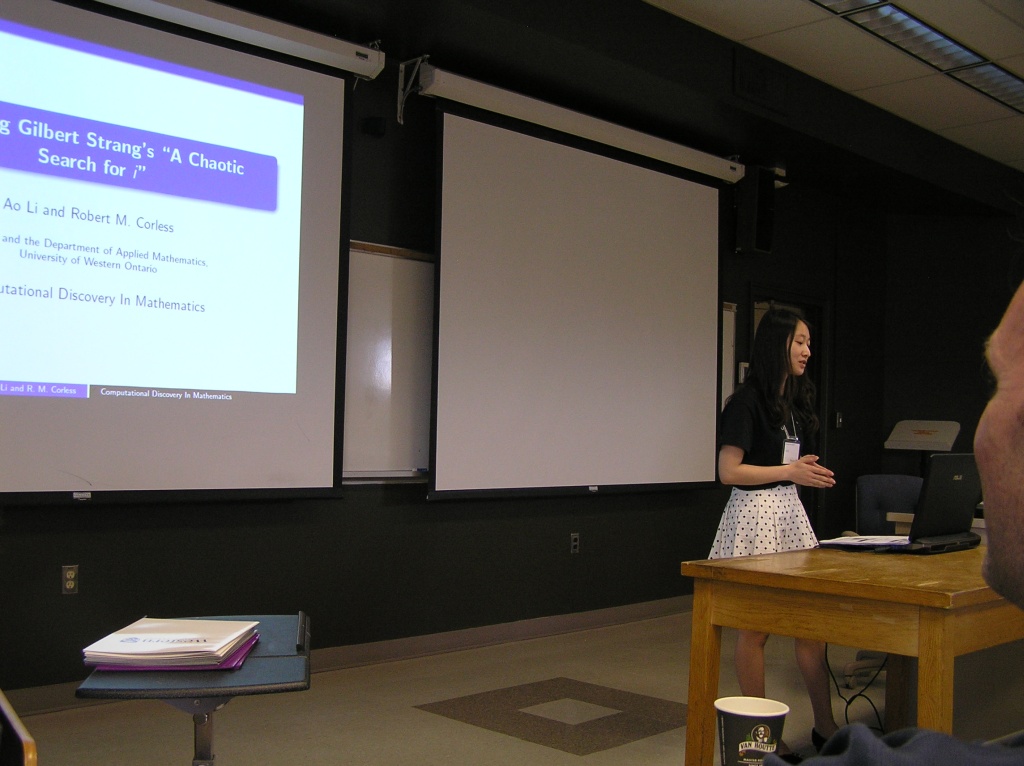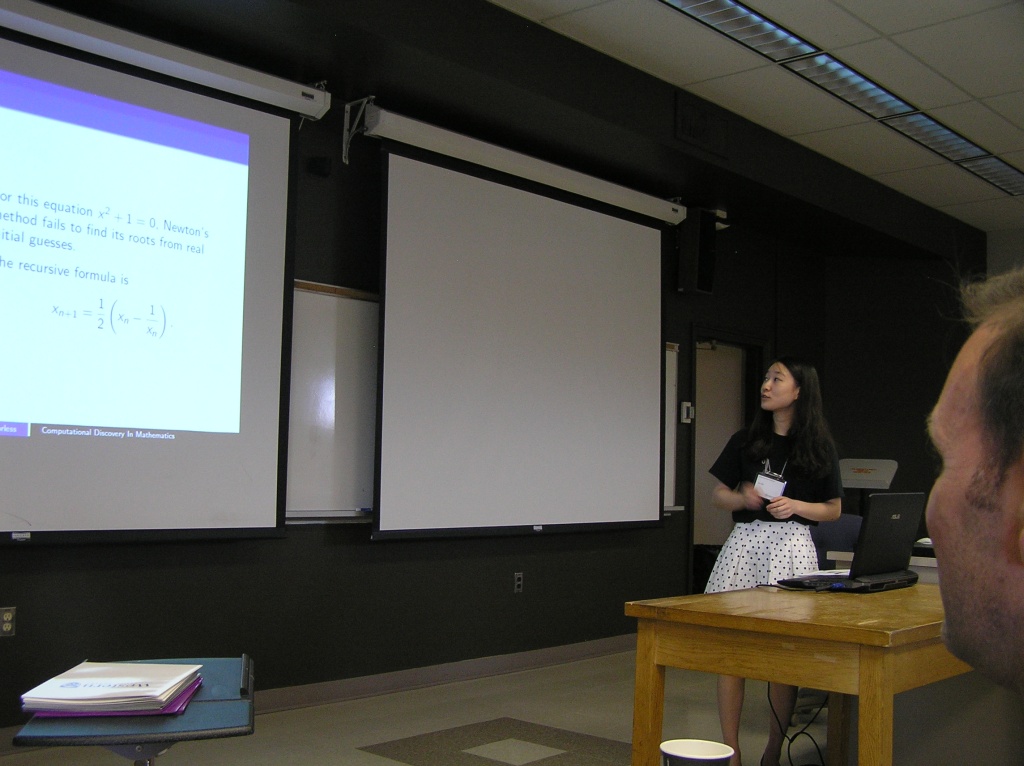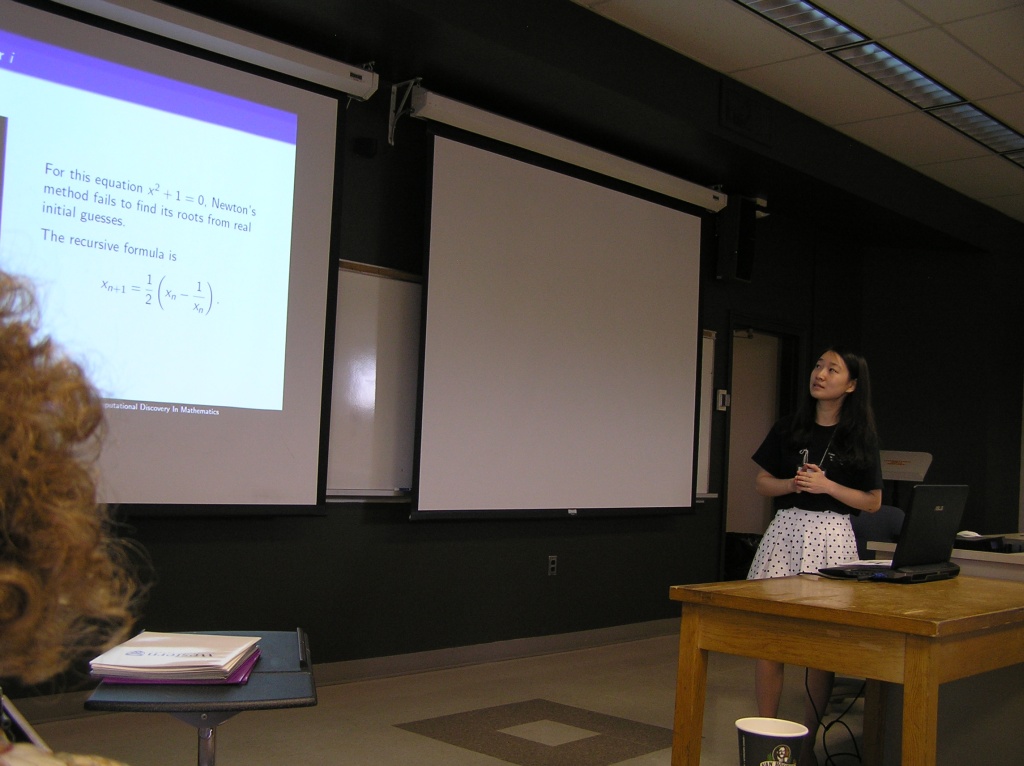



In his 1991 paper "A Chaotic Search for i" [1], Gilbert Strang explores an analytical solution for the Newton iteration for f(x) = x^2+1 = 0 starting from real initial guesses, namely x_n = cot (2^n A_0). In this work we extend this to both Halley's method and the secant method, giving x_n = cot (3^n A_0) and x_n = cot A_n with A_n = A_{n-1} + A_{n-2} respectively. We describe several consequences (some of which illustrate some well-known features of iterative root-finding methods, and some of which illustrate novel facts) and speculate on just how far this can be taken.[1] Strang G. The chaotic search for i. The College Mathematics Journal, 22(1):3-12, 1991.
 |
 |
 |
 |